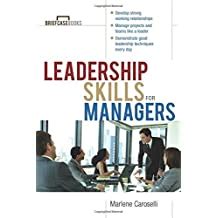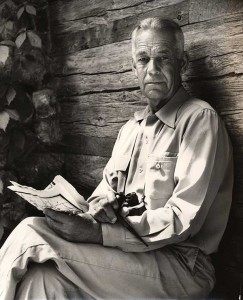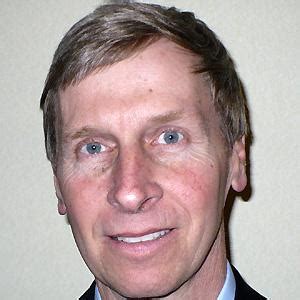A Quote by Grace Lee Boggs
It behooves our citizens to be on their guard, to be firm in their principles, and full of confidence in themselves. We are able to preserve our self-government if we will but think so. - Thomas Jefferson Too much of our emphases and struggle has simply been in terms of confrontation and not enough recognition of how much spiritual, moral force is involved in the people who are struggling.
Related Quotes
If you ever had anyone in your life who has been struggling with addiction or struggling with anything, it's about the resilience of love and how much you're willing to struggle with somebody to preserve your relationship and to try to preserve them as a person - and I think that's really important.
There is no doubt about it: we are judged by our language as much as (perhaps more than) we are judged by our appearance, our choice of associates, our behavior. Language communicates so much more than ideas; it reveals our intelligence, our knowledge of a topic, our creativity, our ability to think, our self-confidence, et cetera.
It is sometimes said that because of our past we, as a people, expect too much and set our sights too high. That is not the way I see it. Rather it seems to me that throughout my life in politics our ambitions have steadily shrunk. Our response to disappointment has not been to lengthen our stride but to shorten the distance to be covered. But with confidence in ourselves and in our future what a nation we could be!
Place no hope in the feeling of assurance, in spiritual comfort. You may well have to get along without this. Place no hope in the inspirational preachers of Christian sunshine, who are able to pick you up and set you back on your feet and make you feel good for three or four days-until you fold up and collapse into despair. Self-confidence is a precious natural gift, a sign of health. But it is not the same thing as faith. Faith is much deeper, and it must be deep enough to subsist when we are weak, when we are sick, when our self-confidence is gone, when our self-respect is gone.
Thomas Jefferson understood the greater purpose of the liberty that our Founding Fathers sought during the creation of our Nation. Although it was against the British that the colonists fought for political rights, the true source of the rights of man was clearly stated in the Declaration of Independence. Jefferson wrote that all humans are endowed by their Creator with certain unalienable Rights . . . . It was self-evident to him that denying these rights was wrong and that he and others must struggle to win what was theirs.
The more we come to rely on government, the fewer freedoms we will enjoy. Government will start dictating what we can own, eat and drive, how much of our money they will let us keep, how we run our businesses, how many - if any - guns we can own, and what we may and may not say. Oh, wait! They are already doing that. To preserve freedom we must fight for it.
I think the Buddhist ethic is clearer and more systematic in some ways. The Buddhist notion is that our chief problems are greed, hatred and delusion. Well, delusion is not much mentioned in the Christian tradition. In the West, we have underplayed the idea that our moral and spiritual troubles have to do with a lack of clarity or insight because original sin has dominated so much of our thinking. We tend to think that our troubles are caused by insufficient will power.
What will solve our problems is a specific set of ideas built on bedrock principles that made America the greatest nation to begin with and applying those principles to the unique challenges of this new century. And those principles are not complicated. It begins with a notion that this nation was founded on a powerful spiritual principle, that our rights do not come from government. Our rights do not come from our laws. Our rights do not come from our leaders. Our rights come from God.


































